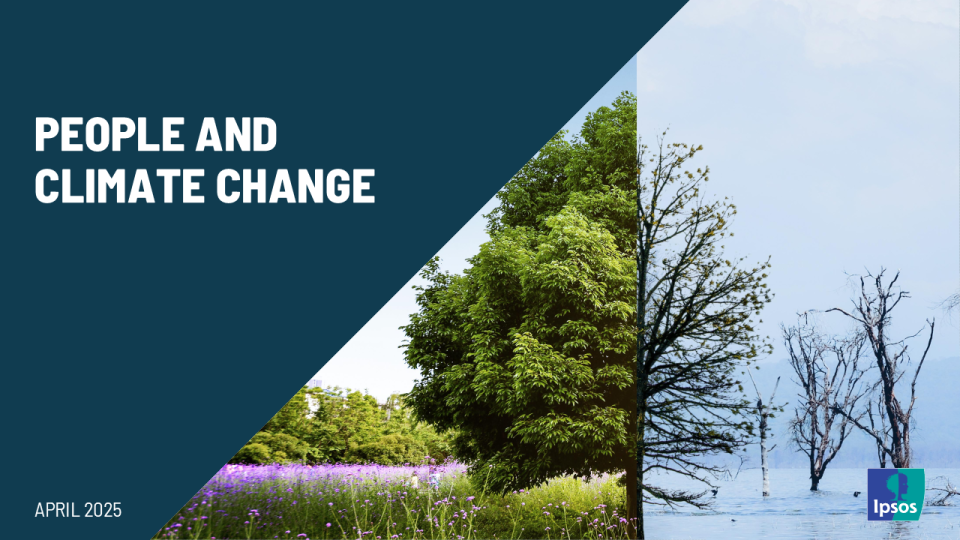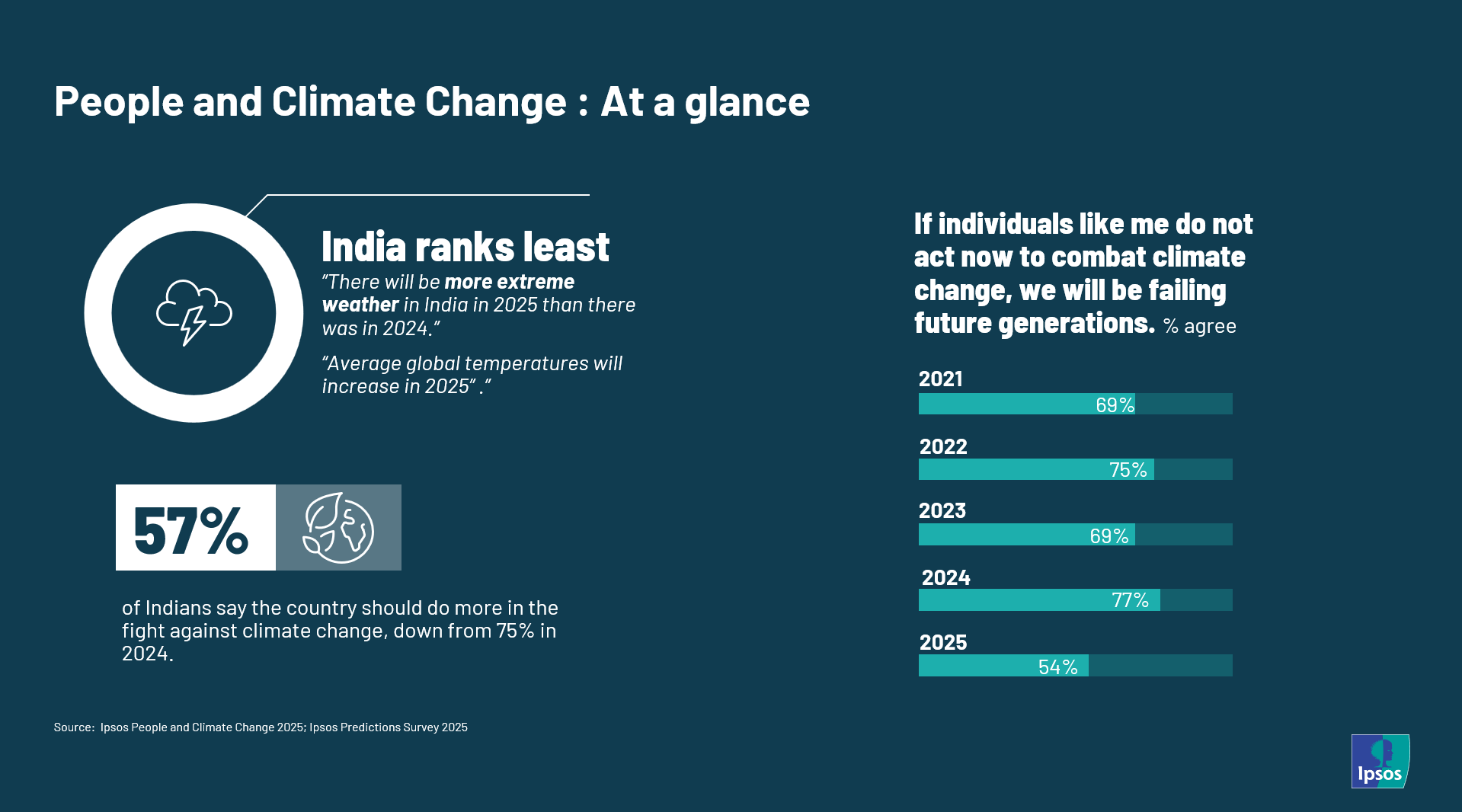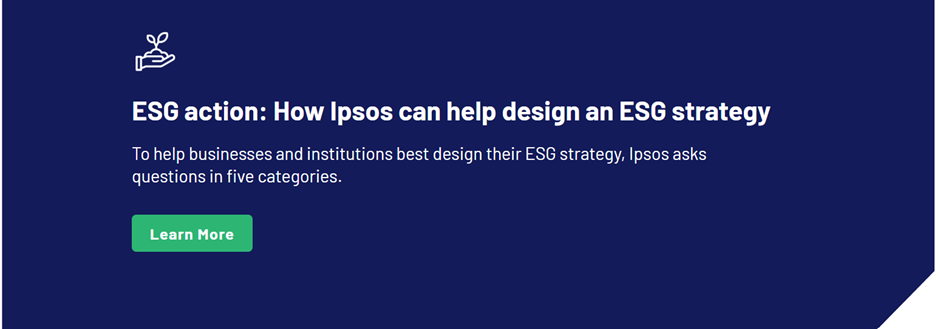

People and Climate Change
The urgency and sense of personal responsibility regarding the threat to environment and potential effects of climate change is not widely prevalent among the Indian urban masses. Given India is primarily a “hot climate” country, further rising temperatures due to the effect of climate change does not sink in. Coupled with an inherent sustainable lifestyle and consumption patterns, and the culture to repurpose/ reuse (even World Wildlife Fund’s Living Planet Report 2024 ranks India highest on sustainable food consumption patterns, highlighting its minimal climate impact), its no surprise that concerns about climate change and impact of personal contribution on the environment has dropped among Indians.
In the Ipsos Predictions 2025 survey, India ranks the least (among 33 countries covered) on concerns about – “average global temperatures will increase in 2025” and also that “there will be more extreme weather in their country in 2025 than there was in 2024.” This indicates that Indians are not overtly concerned about rising temperatures and extreme weather events, as compared to many other countries. This is further accentuated with 37% Indians believing +1.5 degree Celsius temperature rise is not a big deal – highest globally.
In the Ipsos People and Climate Change Survey 2025 – there is ~18 pp decrease in the concern that the country should do more in the fight against climate change (a decrease from 75% in 2024 to 57% in 2025).
Individuals are avoiding personal responsibility accountability, as reflected by a 23 pp decrease on the statement - If individuals like me do not act now to combat climate change, we will be failing future generations (54% agree in 2025, as compared to 77% in 2024).
The expectation is that the Government will handle the issue- 85% feel it is the Government’s responsibility and 60% say the government in my country will introduce more demanding targets to reduce carbon emissions more quickly.

Where do companies come in?
As per Ipsos Global Trends Survey 2024 – India edition, 51% urban masses strongly agree that companies are not doing enough in terms of supporting sustainability and ethical best practices and 53% strongly agree that companies do not pay enough attention to the environment.
Given the current climate crisis and the need for action, brands and marketers can play a key role in building knowledge, awareness and understanding about climate change and emphasizing the importance of individual and community efforts. Empowering individuals and mobilizing sustainable initiatives can help drive climate action and create a sustainable future. Many startups and smaller brands are creating a niche with a narrative around eco – friendly products and packaging, and the bigger established brands need to catch up.
Consumers are evolving – there may not be a critical mass right now demanding action from brands, but marketers need to closely monitor as consumers reach the tipping point. This is especially true at the higher end of the K shape curve – those who are more exposed to social media campaigns and the global impact (both in terms of health and the environment).
Solving the challenges of sustainability can be difficult and corporates are at different stages of the journey. Deconstructing these challenges is important, and regular monitoring of evolving consumer opinions on ESG is a must. This is not a choice, but an imperative in today’s times.




